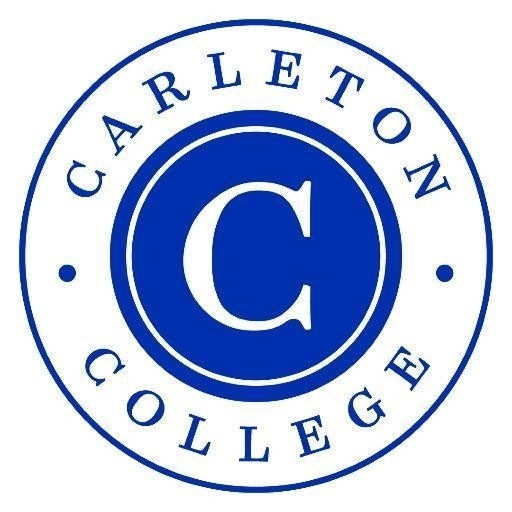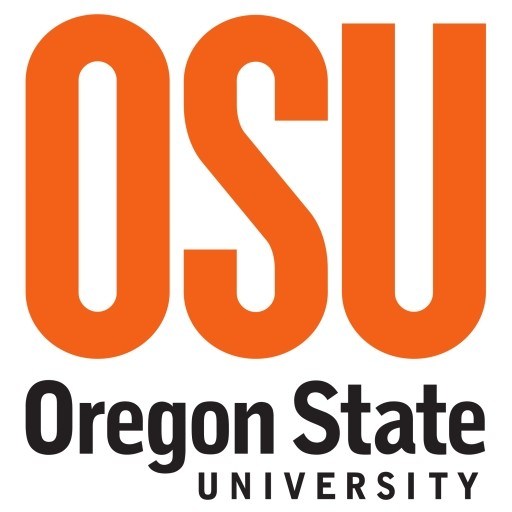Photos of university / #carletoncollege
The Cinema and Media Studies program at Carleton College offers students a comprehensive exploration of the history, theory, and practice of cinematic and visual media. This interdisciplinary major provides a critical understanding of film and media as cultural forms that shape and reflect society, encouraging students to analyze diverse media texts, production techniques, and industry contexts. The curriculum combines rigorous academic coursework with hands-on experience, allowing students to engage with film analysis, media criticism, screenwriting, and digital production. Students will study a wide range of topics including narrative structures, genre conventions, audiovisual aesthetics, media technology, and the socio-political impacts of media. The program aims to cultivate critical thinking, creative expression, and technological proficiency, preparing graduates for careers across the media landscape, including film production, media criticism, film festivals, broadcasting, and further academic pursuits. Through seminars, workshops, and collaborative projects, students develop a nuanced understanding of media's role in shaping cultural identities and public discourse. The program also features opportunities for internships, research projects, and participation in film festivals, encouraging practical application of theoretical knowledge. Carleton's dedicated faculty members are distinguished scholars and industry practitioners committed to mentoring students and supporting innovative media work. By the end of the program, students are equipped with a foundation in both the critical theory and practical skills necessary to analyze and create compelling media content, fostering a lifelong engagement withfilm and media as powerful tools for storytelling, education, and social change.
The Cinema and Media Studies program at Carleton College offers students an in-depth exploration of the history, theory, and aesthetic practices of film, television, and digital media. This interdisciplinary program is designed to develop students’ critical understanding of the cultural, social, and technological forces that shape visual storytelling. Through a diverse curriculum that combines historical analysis, theoretical frameworks, and practical production experience, students gain a comprehensive understanding of the cinematic arts and media industries. The program emphasizes critical thinking, analytical skills, and creative experimentation, preparing students for careers in media production, criticism, academia, and related fields.
Courses cover a wide range of topics, including the history of cinema from its origins to contemporary digital media, film theory and criticism, genres and styles, documentary film, animation, and the impact of emerging technologies like virtual reality and streaming platforms. Students also have opportunities to engage in hands-on production projects, gaining skills in writing, editing, directing, and broadcasting. The program encourages students to analyze media texts from various cultural and political perspectives, fostering a nuanced understanding of the power of visual storytelling in shaping public consciousness and cultural identity.
In addition to coursework, students are encouraged to participate in internships, film festivals, and research projects, which provide real-world experience and professional networking opportunities. The program's faculty members are experts in film history, media theory, and digital media production, offering mentorship and guidance tailored to students' individual interests and career goals. The collaborative learning environment promotes discussion, debate, and the exploration of diverse perspectives, making it an ideal space for students passionate about understanding and creating media content. Graduates of the program are well-equipped to pursue advanced study or enter careers in film and television production, media criticism, arts administration, or digital media entrepreneurship, making the Cinema and Media Studies program at Carleton College a vibrant and vital part of students’ academic and professional development.
Program Requirements for Cinema and Media Studies at Carleton College include a comprehensive curriculum designed to provide students with a strong foundation in the history, theory, and practice of film and media. Students are typically required to complete a core set of courses that introduce them to the fundamentals of cinema analysis, media critique, and the cultural impact of visual media. These foundational courses often include introductory classes in film history, media theory, and visual culture.
In addition to the core courses, students must choose from a range of electives that allow them to specialize in particular areas such as film production, screenwriting, media technology, or genre studies. Practical courses in film editing, directing, and cinematography are frequently part of the curriculum, providing hands-on experience with media creation and technical skills. The program emphasizes critical thinking, analysis, and writing, so students are also expected to complete seminars and research projects that deepen their understanding of media's role in society.
To graduate, students typically have to fulfill a upper-level project or thesis requirement, demonstrating their ability to conduct independent research and produce original work. Interdisciplinary opportunities are encouraged, allowing students to study related fields such as anthropology, history, literature, and cultural studies to enrich their understanding of media contexts. The program aims to prepare students for careers in media production, criticism, academia, or related industries, emphasizing both theoretical knowledge and practical skills.
Overall, the Cinema and Media Studies program at Carleton College is designed to cultivate critical media literacy, creative ability, and a nuanced understanding of the evolving landscape of cinema and media in contemporary culture. Students graduate with the analytical tools and technical competencies necessary for advanced study or professional work in media-related fields, ensuring a well-rounded education aligned with current industry and academic standards.
Want to improve your English level for admission?
Prepare for the program requirements with English Online by the British Council.
- ✔️ Flexible study schedule
- ✔️ Experienced teachers
- ✔️ Certificate upon completion
📘 Recommended for students with an IELTS level of 6.0 or below.
The Cinema and Media Studies program at Carleton College offers a comprehensive curriculum supported by various financial aid options to assist students in covering their educational expenses. As a liberal arts college committed to accessible education, Carleton provides a range of financial assistance programs, including need-based grants, scholarships, and work-study opportunities. The college’s financial aid program emphasizes meeting 100% of demonstrated financial need for admitted students, ensuring that talented students from diverse backgrounds can participate fully in the program without undue financial burdens.
Prospective students can apply for financial aid by submitting the Free Application for Federal Student Aid (FAFSA) and the College Scholarship Service (CSS) Profile, which help determine eligibility for federal, state, and institutional aid. Carleton offers merit-based scholarships that are awarded based on academic achievement, extracurricular involvement, and potential contributions to the campus community. These scholarships are renewable for subsequent years provided students maintain satisfactory academic progress. Additionally, the college encourages students to explore external funding sources, including private scholarships, fellowships, and summer research grants, which can supplement the college’s financial aid offerings.
The college also provides work-study positions on campus, offering students an opportunity to earn funds to support their education while gaining valuable work experience. These positions are often related to the student’s academic interests or career goals, including roles within the arts, media, or administrative offices. Carleton’s dedicated Financial Aid Office assists students throughout the application process, providing personalized guidance and support to navigate various financial options.
Furthermore, the college is committed to transparency regarding costs and aid packages, offering prospective students a clear understanding of the total student expense, including tuition, fees, housing, and personal expenses. Parents and students are encouraged to attend financial aid information sessions and consult with financial aid counselors to make informed decisions about financing their studies in Cinema and Media Studies. With these resources, Carleton College strives to make its Cinema and Media Studies program accessible and affordable for all admitted students, fostering a diverse and vibrant academic community dedicated to exploring the intersections of film, media, and culture.
Cinema and Media Studies at Carleton College offers students an in-depth exploration of the history, theory, and practice of film and media arts. The program aims to develop a comprehensive understanding of cinematic forms, genres, and technologies, as well as critical perspectives on media's role in society. Students have opportunities to analyze films and media texts through various theoretical frameworks, engage in hands-on production work, and explore the cultural and political implications of media. The curriculum includes courses in film history, media theory, screenwriting, digital media production, and media criticism. A core component of the program emphasizes interdisciplinary approaches, combining insights from history, literature, cultural studies, and communication. Students are encouraged to critically examine the aesthetic, social, and ethical dimensions of media artifacts. The program also fosters skills in technical media production, including editing, sound design, and digital imaging, preparing students for careers in media production, criticism, or further graduate study. Carleton College supports experiential learning through internships, media projects, and collaborations with media organizations. The faculty consists of scholars and professionals dedicated to mentoring students and promoting active engagement with media arts. The program culminates in a capstone project, allowing students to demonstrate their analytical and creative abilities. Graduates of the program are well-equipped to pursue diverse careers in film and media industries, academia, or nonprofit organizations dedicated to media advocacy and education.








